On average, military families move every two or three years, 10 times more often than civilian families. While the military is known for efficient and organized moves, it can be challenging to ensure that each new home environment is safe.
Follow these simple safety tips from the U.S. Consumer Product Safety Commission to keep your “Home Sweet Home!”
Window Blind Cords 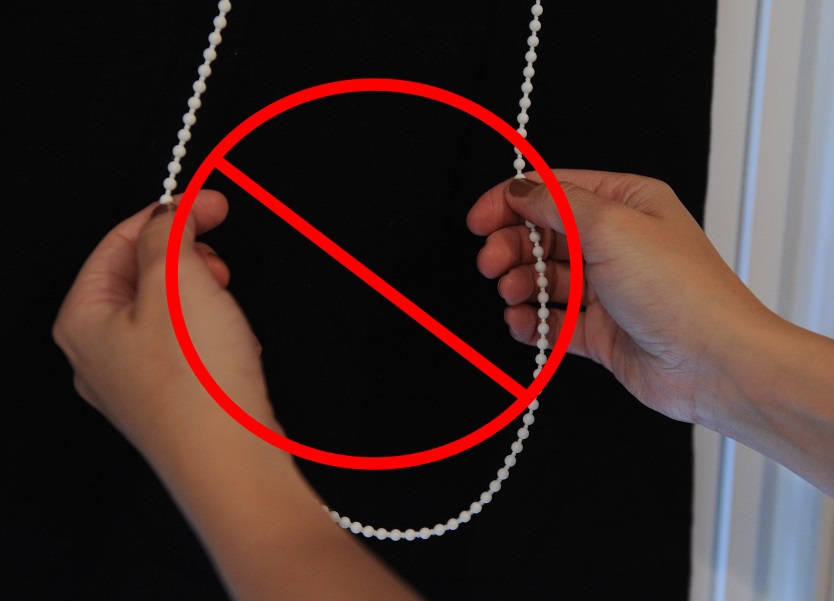
- Hidden Hazard: Check all window coverings in your new home for cords. Children can wrap window covering operating cords around their neck or become entangled in loops formed by cords, some of which are not clearly visible, but are accessible.
- What to Do: If possible, use cordless or inaccessible-cord window coverings in your new home. Child-safe window blinds and shades are available for sale today. Be aware that recent legislation requires the Department of Defense to remove and replace certain window coverings from military housing units where children under 9 may reside. Learn more here.
Furniture and Television Tip-overs 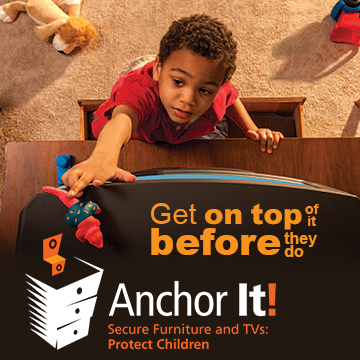
- Hidden Hazard: Children like to climb on furniture. For them, the home is a playground. Unsecured TVs, furniture and appliances can be fatal and send more than 25,000 children, 8 or younger, to the hospital ER each year.
- What to Do: As you are moving furniture and TVs into your new space, be sure to AnchorIt!
To prevent a tip-over tragedy:
- Use sturdy furniture, and follow manufacturer’s instructions.
- Secure your TV–anchor it, or mount your TV to the wall.
- Secure top-heavy furniture.
- Remove tempting objects from the top of the TV or furniture – items such as toys and remote controls.
Check to see if your furniture has been recalled, and take advantage of the remedy offered. The remedy may be a full refund and free pick-up of the furniture, or if you keep the furniture, free professional installation of anti-tip devices.
Laundry Packet - Poison Prevention 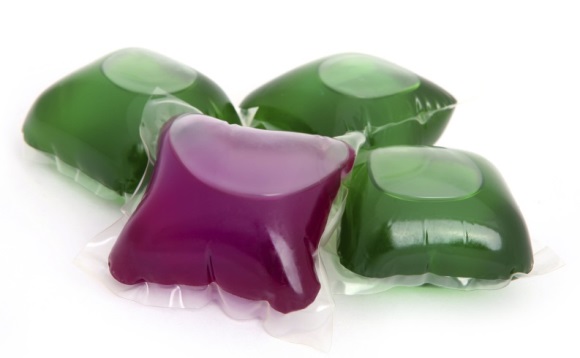
- Hidden Hazard: Laundry packets are highly concentrated, toxic detergent and can put your child at risk of serious injury.
- What to Do: Be sure to keep liquid laundry packets sealed in their original packaging, and make sure they are locked up and out of a child’s sight and reach.
Safe to Sleep: Safe sleep environments for baby 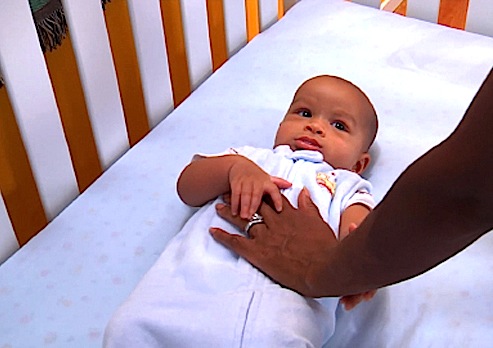
- Hidden Hazard: To prevent suffocation, never place pillows or thick quilts in a baby’s sleep space (crib, bassinet or play yard). Also, follow manufacturers’ assembly directions for play yards, and do not add extra padding, pillows, blankets or other soft bedding.
- What to Do: Babies spend a lot of time sleeping. Create a safe sleep space for your baby. Always place baby to sleep on his or her back in a crib, play yard or bassinet that meets CPSC federal standards with a fitted sheet only. Bare is best!
Fire and Carbon Monoxide Safety: 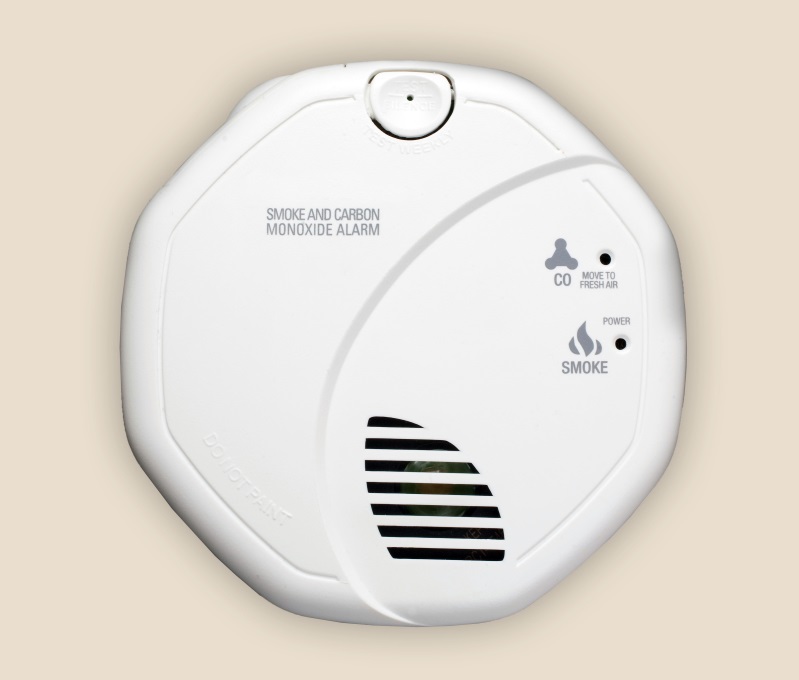
- Hidden Hazard: Protect your family against fires and carbon monoxide (CO) with smoke and CO alarms. If you don’t have alarms in your home, install them today. If your home already has alarms, test them every month to make sure they are working properly. Replace batteries every year to keep alarms in working order so they can do their job.
- What to do: A smoke alarm should be installed on every level of the home, outside sleeping areas and inside bedrooms. A carbon monoxide alarm should be installed outside sleeping areas in the home. When your kids get old enough to have their own homes, remind them to make sure there are working smoke and CO alarms where they live.
CPSC thanks you for your service to our country!




